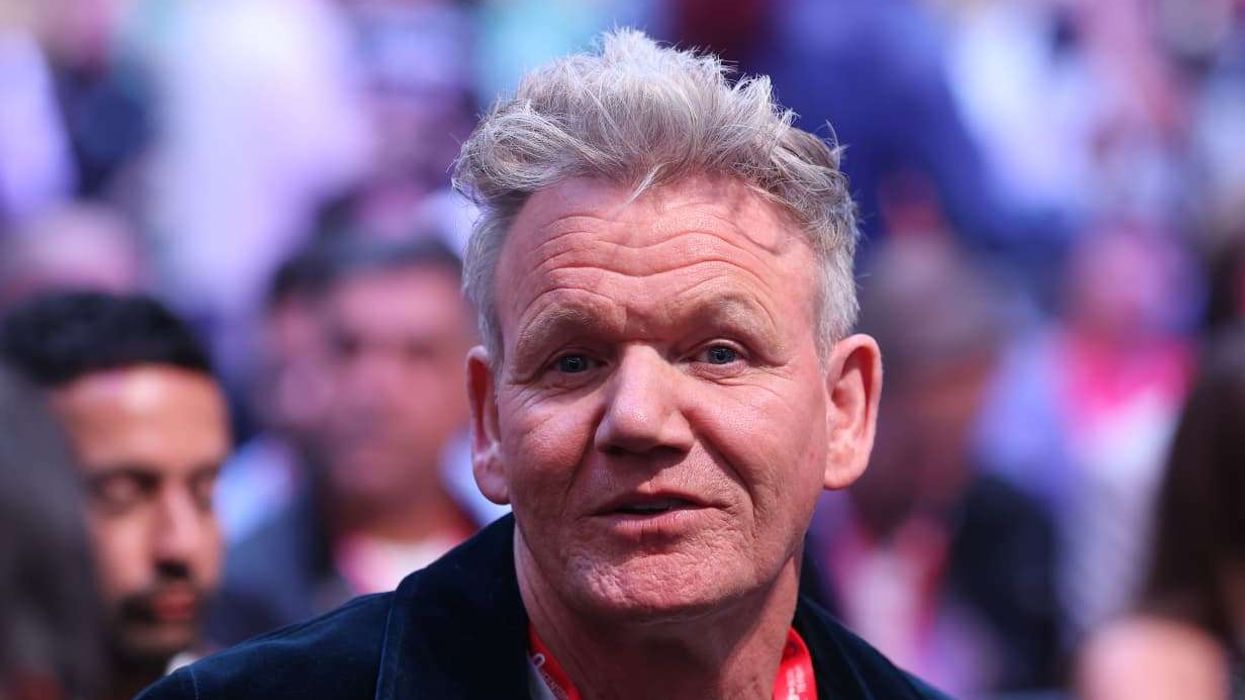The St Stephen’s College economics (honours) batch of 1979 is considered as one of the more accomplished cohorts, delivering, as someone quipped, a CJI (chief justice of India), CEOs, CMDs (chairman and managing director) and a CEA.
A class of just 75 students counted in its midst – and I am sure I am committing serious sins of omission – Dhananjaya Chandrachud and Sanjay Kaul (chief justice and justice, respectively in today’s Supreme Court); Ajay Banga (former head of Mastercard and now president of the World Bank); Abhishek Singhvi (leading Supreme Court lawyer and Congress politician); Sarita Nayyar (World Economic Forum); Vinayak Chatterjee (an infrastructure entrepreneur); and KP Krishnan and Manjeev Puri (illustrious civil servants). One can make the case, however, that the chuppa rustam, the hidden jewel, in that illustrious roster was Ivan, or Sir Ivan, Menezes, the recently knighted CEO of the beverage company Diageo, who has just passed away.
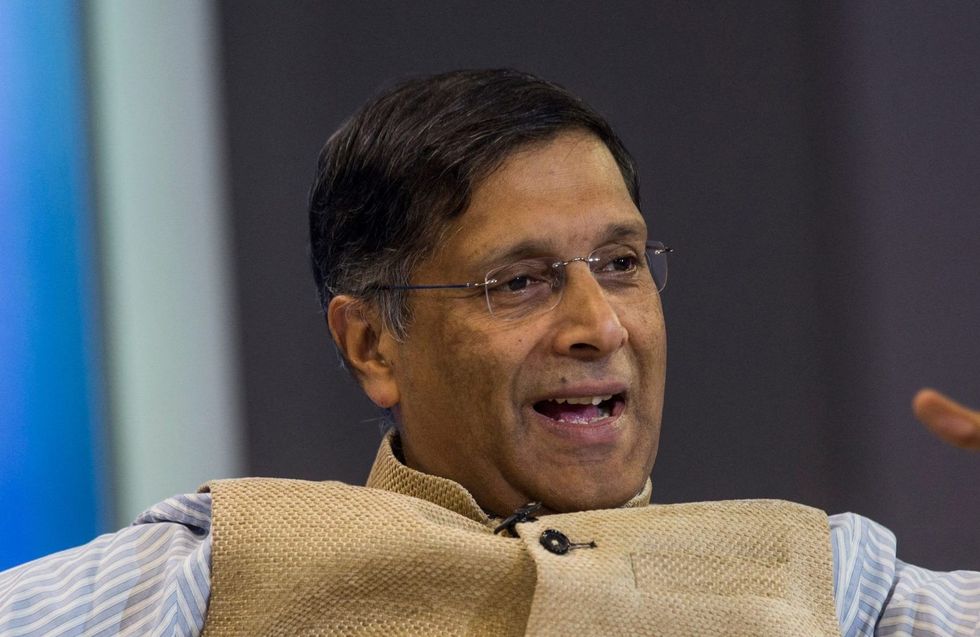
Full disclosure: I think my first obsessive, possessive and only half-requited – as we would joke – “love” was Ivan. I saw him first slouching down the corridor of St Stephen’s College nearly 50 years ago and was instantly smitten (as was everyone else around him). We were bridge partners, colleagues on the college humour magazine Kooler Talk (me as passenger, Ivan as a real wit), nearly inseparable for five years. Ivan was one of only two people with whom I have shared juvenile, tearwelling, rib-hurting laughter.
Just the thought of us preparing for our BA exams together in the hot summer of Lutyens’ Delhi, erupting as we read aloud in the early morning hours the incomprehensible economics textbook, which rambled “12thly… 13thly…16thly”, brings a surge of emotions today. Those moments and the memories they have morphed into will be irreplaceably priceless. The friendship with Ivan, even if time, distance and temperaments precluded complete intimacy, has gratifyingly now travelled across generations to our children.
A brief bio would track Ivan’s steady, heady climb from St Stephen’s Delhi to IIM Ahmedabad to Nestlé, his first corporate job in India and then on to the Kelogg School of Management in the USA. This was followed by a long stint in the consulting company Booz Allen to Whirlpool, Guinness and eventually to the top of the global corporate pole of Diageo, the world’s iconic beverage company, where he presided over 10 years of solid success. But success was only half of what made Ivan Menezes special. In the St Stephen’s of our time, the haloed ones were the fivepointers (the maximum score then in the school-leaving ISC exam). Mostly products of places such as Doon School, Mayo College, St Columba’s, St Xavier’s and La Martiniere, you could identify them by their strutting confidence as if “five-pointer” was etched on their foreheads.
Ivan was referred to as the fraud five-pointer, not because he was any less bright than his preening peers or that he did not come from one of those elitist bastions, but because he didn’t draw attention to his brilliance and behaved as if he thought himself unworthy of that distinction. All of St Stephen’s – girls and guys, batchmates and seniors – flocked to that easy, lowkey modesty and charm.
Not only did he not flaunt his accomplishments, Ivan did not flaunt his antecedents, either. The son of a highly regarded civil servant and chairman of the Railway Board, and brother of arguably the first high-profile Indian success in corporate America way back in the 1970s, Ivan’s pedigree was sterling. But you wouldn’t know it unless you got to know him well. In the scarcity era that was pre-liberalisation India, owning a pair of Levi’s jeans was a measure of your standing. For most Stephanians they were an advertisement, for Ivan they were just another accessory. (On my first courting outing, Ivan generously lent me a pair to save me from my ill-fitting, out-of-fashion bell-bottom trousers stitched in the backstreets of Triplicane in Madras.)
Over-successful men tend to inflict two types of collateral damage. They leave behind a residue of resentment within their neglected families; and their inevitably competitive, professional climb leaves a trail of embittered or jealous peers. Ivan avoided both. A true “family” man, the Menezes household exuded hospitality and warmth to scores of relatives and friends. At the core of that hospitality is his bubbly, generous wife Gopa and the collective of the Menezes household with its strong internal bonds. Youngsters would flock there for shelter, gossip and food with “bartender and chef Ivan” fussing over the guests while mixing Diageo-only cocktails and executing the meal; but they would flock above all for the enveloping warmth and hospitality.
I did not keep close track of Ivan’s corporate career, but I am confident he made many friends and few, if any, enemies. Quiet achievement that could speak for itself rather than self-promotion and throwing sharp elbows was Ivan’s deserved way to the top.
From very early on it was clear that Ivan’s unique ability was dispassionate and decisive decision-making, an almost Solomonic ability to weigh, assess and judge. The quantity of utterances from Ivan was low and the ratio of good sense to drivel in them was infinitely high.
The paradox of Ivan was his wide circle of friends and wellwishers was not the result of a proactively outgoing personality; nor did it reflect the magnetic pull of a scintillating raconteur easily dispensing ideas and insight. Rather, it was simply the result of an indefinable “presence” that combined phenomenal success uncontaminated by vanity or self-assertion. That presence carried the calm and groundedness of someone with apparently no troubled past to afflict the present and no ghost of schoolyard bullies to slay. You wanted to bask in that wholesome presence devoid of edge or undercurrent.
At the pinnacle of success but on the verge of a rich and new innings, Ivan’s passing away seems tragically premature. The family will be inconsolable. Yet, it was such a fulfilled life. One might say Ivan had and did it all – phenomenal conventional success; a close, loving family; a wide circle of friends and acquaintances; and a record of unostentatious generosity to friends and causes. In short, a life, enjoyed to the hilt, and well and honourably lived.
Aristotle would have envied Ivan. Good night, sweet prince. n Arvind Subramanian belonged to the St Stephen’s Economics (Hons) class of 1979
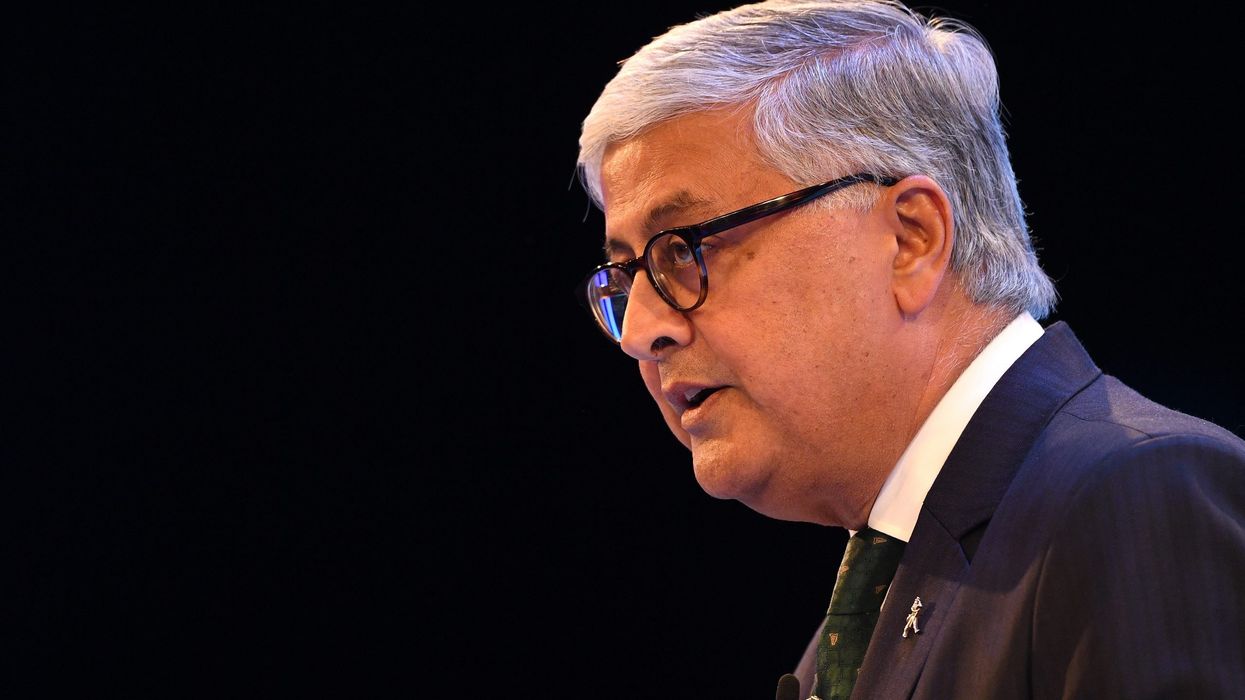




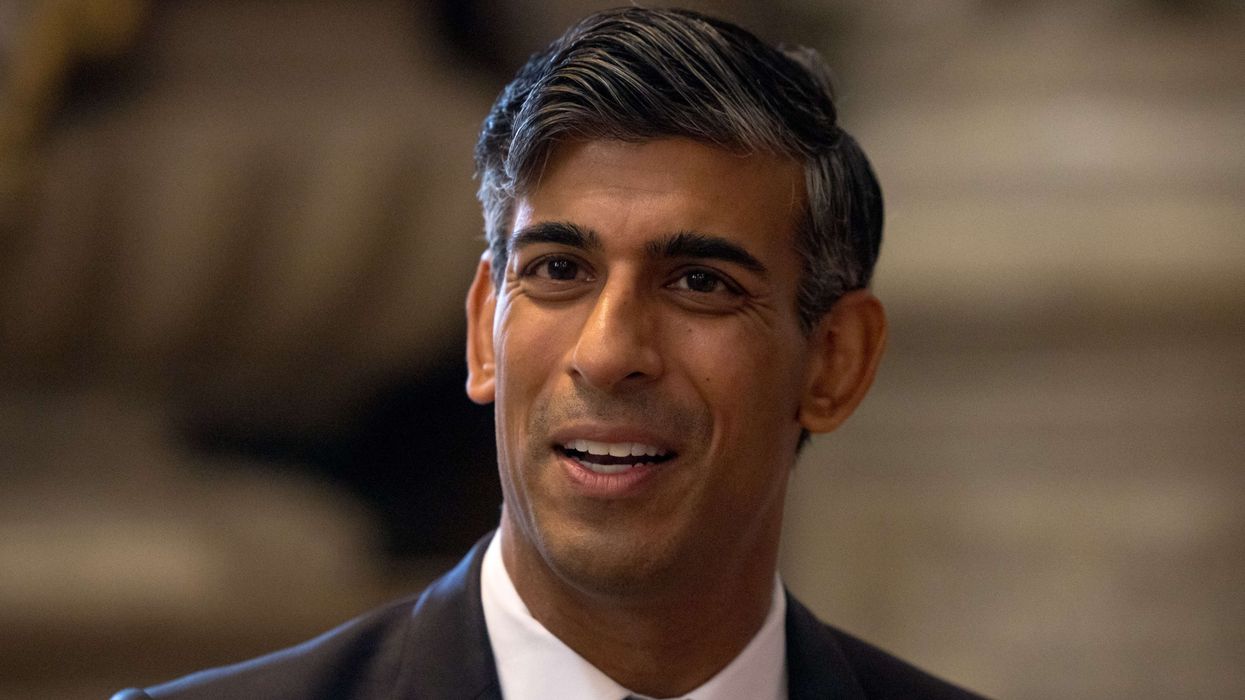
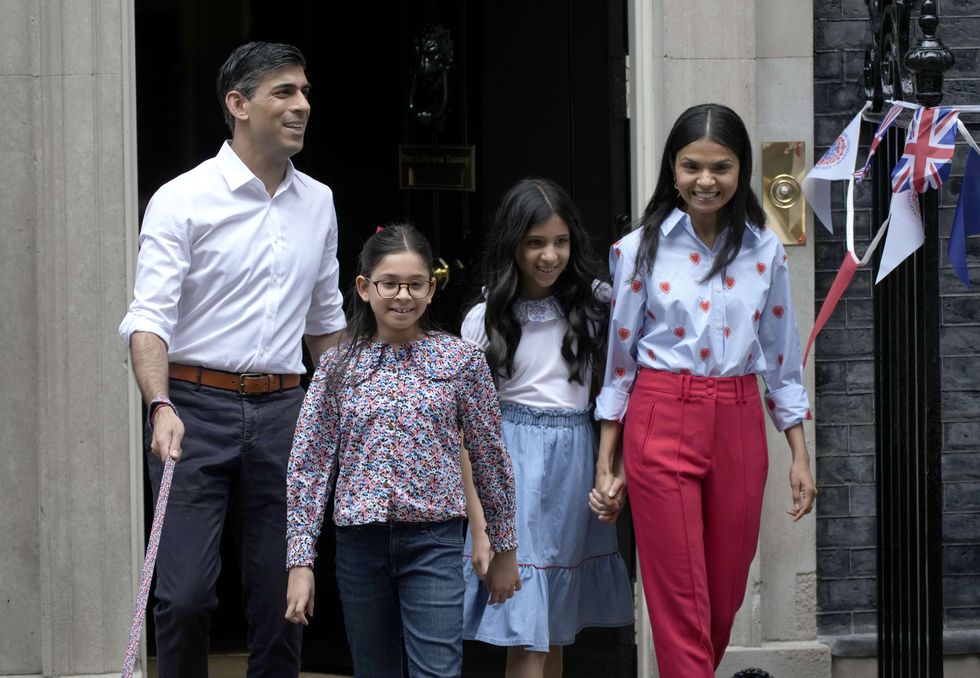 With , wife Akshata Murty and their daughters Krishna and Anoushkagetty images
With , wife Akshata Murty and their daughters Krishna and Anoushkagetty images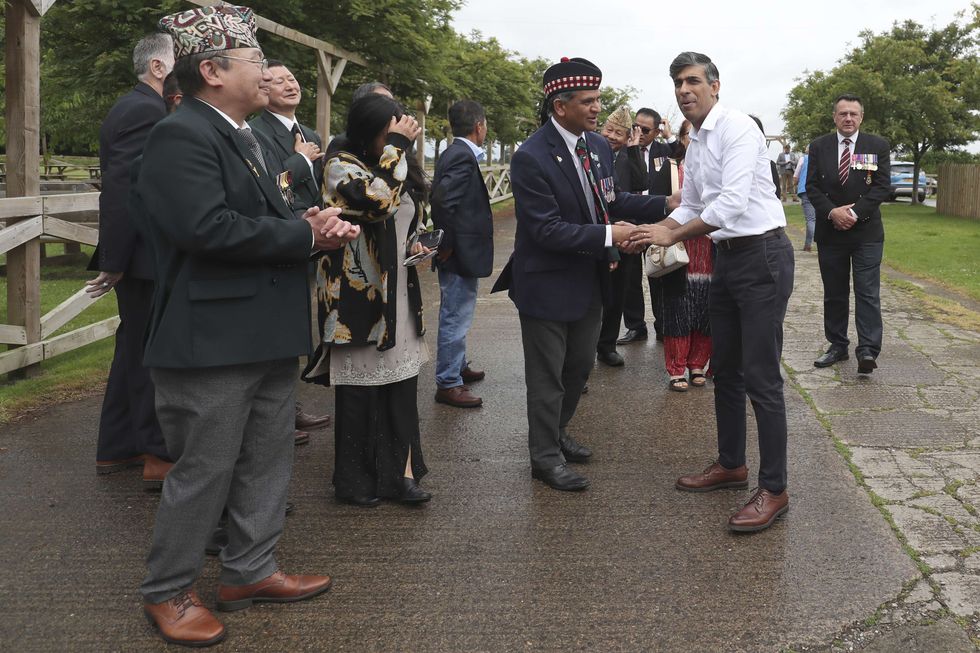 Meeting armed forces veterans in Richmond in 2024Getty Images
Meeting armed forces veterans in Richmond in 2024Getty Images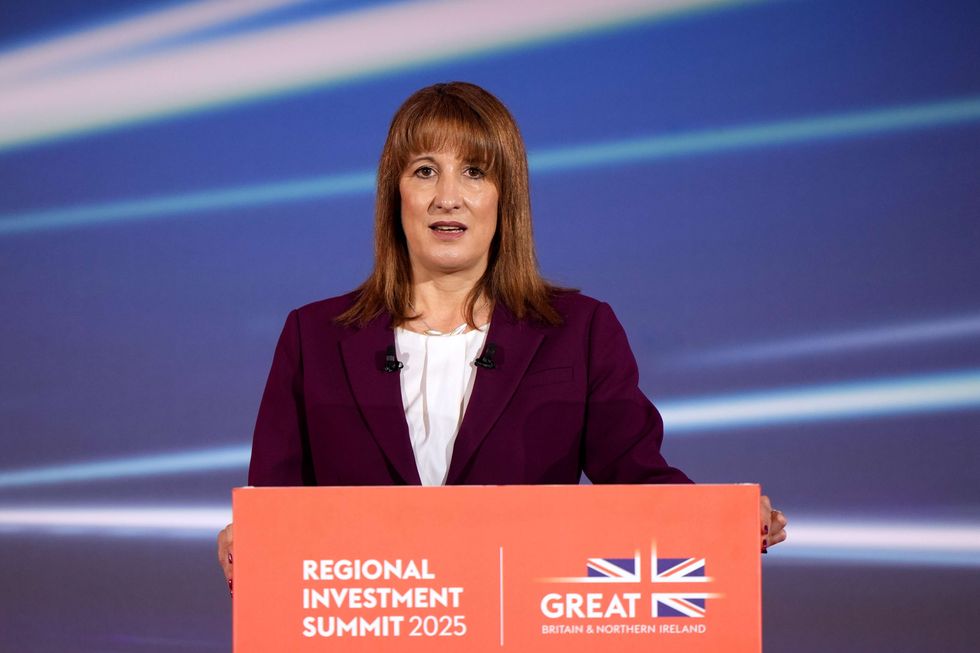 And , Rachel ReevesGetty Images
And , Rachel ReevesGetty Images

